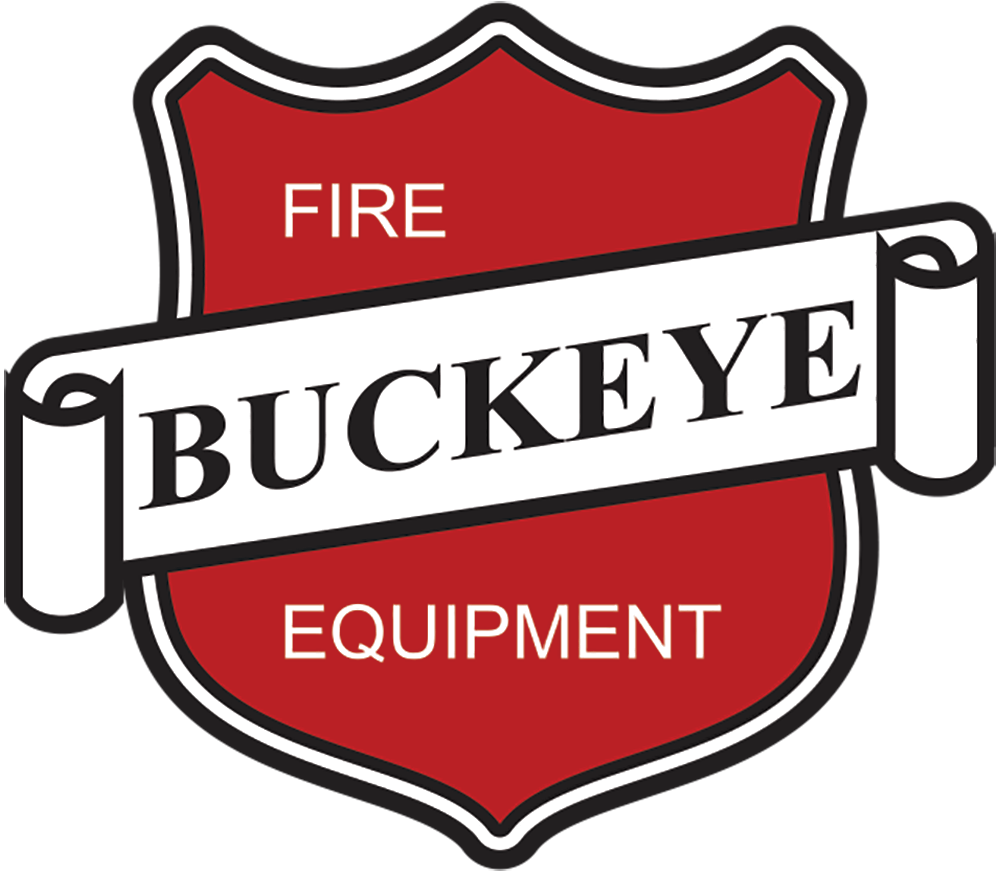Your building’s fire alarms are critical components of its life safety system. Still, when they start to make unusual noises, they can cause significant concern among your employees or tenants and disrupt your operations.
An incessant chirping or a full-blown alarm without any sign of fire can be a major nuisance, but it often indicates an underlying issue that requires immediate attention. Understanding the cause of these sounds is essential for maintaining a safe and compliant facility. Read on to learn what you should do if your alarm is making unusual noises.
Things You Should Do When It Chirps
People often complain when fire alarms make intermittent chirping or beeping sounds. However, manufacturers design the alarms to emit these noises so that they will alert property owners to the need for maintenance. You can read below to learn how to address these situations.
Look at Your Battery
The most frequent cause of a chirping alarm is a loose or low battery. Most commercial alarm systems have a connection to your building's electrical system, but they also contain a backup battery that allows them to operate during a power outage. It will make a chirping sound at regular intervals to warn you that the battery is low or loose.
If you need to replace your battery, the process is relatively straightforward. First, consult the manufacturer's instructions for your specific alarm model to ensure you use the correct type and size of battery. Typically, you will need to twist the alarm unit to detach it from its mounting bracket on the ceiling or wall.
Once it's open, you can access your old battery and replace it. After closing the unit and reattaching it, test it to confirm it is working correctly.
Give It a Cleaning

Another step you can take if your alarm is making unusual noises is to clean it. Dust and even small insects can accumulate inside your alarm's sensing chamber over time. This buildup can interfere with the sensor's ability to detect smoke particles accurately, sometimes causing it to malfunction and produce an audible chirp.
To clean the alarm, carefully detach it from its mounting base. With compressed air, you can clear the vents or sensing chamber of dust. Additionally, a brush attachment from a vacuum cleaner can also help you remove dust from both the interior and exterior.
However, do not apply water or other liquids for cleaning, or you may ruin the sensitive electronic components inside. Once clean, reattach the alarm and test it to ensure proper function.
Remove the Pull Tab
If you recently installed a new alarm and it starts chirping, a forgotten pull tab could be the culprit. Many new alarms and batteries come with a small plastic pull tab that prevents the battery from making a connection during shipping and storage. Before installing the battery or activating the new unit, you must remove this tab completely.
If you suspect this is the issue, take the alarm down and check the battery compartment. Look for any plastic strips or tabs that may be blocking the connection terminals. Remove the tab, re-insert the battery, and close the unit. This simple step often resolves the chirping instantly.
Purchase a New Alarm

Fire alarms have a limited lifespan. Most manufacturers recommend replacing the entire unit every 10 years, regardless of how well it seems to be working. Over time, the internal sensors lose their sensitivity, making the alarm less reliable at detecting a fire. An older alarm may start to chirp consistently or malfunction frequently, even with a fresh battery and regular cleaning.
Check the back of the alarm for a manufacturing or expiration date. If the unit is more than a decade old, it is time for a replacement. Investing in new alarms will ensure that you are protecting your facility, employees, and visitors with technology that you can trust to perform when it matters most.
Why Your Unit Is Sounding False Alarms
After reviewing what you should do if your alarm is making unusual noises, we can now examine the reasons why your unit may be sounding false alarms. This can pose a problem for your business or facility, as these can lead to unnecessary evacuations and a loss of confidence in the system. Review the causes below to understand how to react in these situations.
Steam Triggered Your Alarm
One of the most common culprits of a false alarm is steam. Unfortunately, your fire alarm may not be able to distinguish between smoke particles and dense water vapor from steam. Alarms located near kitchens, bathrooms with showers, or laundry rooms can be particularly susceptible to this issue.
High humidity or a sudden blast of steam from cooking or a hot shower can be enough to trigger the sensor. If an alarm sounds in one of these areas, check for steam as a possible cause. To prevent this, consider relocating the alarm further from the source of steam.
Your Alarm May Detect Dust
Just as dust can cause an alarm to chirp, a significant accumulation can also trigger a full false alarm. The alarm's sensor chamber can misinterpret it as smoke. This is especially common in commercial buildings after construction or renovation projects, or in areas prone to dust buildup, such as workshops or storage rooms.
Regularly scheduled cleaning is the best prevention. For commercial properties, it is best practice to have your entire fire alarm system professionally inspected and cleaned at least once a year. This prevents nuisance alarms and ensures your system is compliant with fire codes and ready to function correctly in an actual emergency.
Your Battery Is Loose
Sometimes, the issue is not a low battery but a loose one. If you have not seated the battery correctly in its compartment, it can create an intermittent connection. This inconsistent power supply can cause the alarm to malfunction, resulting in random chirping or even an unexpected, full alarm activation.
If you suspect a loose battery, detach the alarm from its base and open the battery compartment. Ensure the battery is the correct size for the unit and that it is snapped securely into place, with the positive and negative terminals aligned correctly. After confirming the connection is tight, close the unit, reattach it, and perform a test to verify it is functioning properly.
You May Need a New Alarm
As with chirping, an alarm that frequently goes off for no reason may simply be at the end of its functional life. If you have ruled out other causes and the alarm is approaching or has surpassed its 10-year expiration date, replacement is the safest and most reliable solution. By purchasing a new unit, you will do a much better job of protecting your property and the people within it.
A properly functioning fire alarm system is non-negotiable for any commercial property. If you have performed these troubleshooting steps and continue to experience issues, it is time to call in a professional company that specializes in commercial fire detection systems.
One such firm is Hedrick Fire Protection, which is always available to assist you in the event of an emergency. Call us today to learn more about our comprehensive fire alarm services, which include installations, annual tests, and more.



